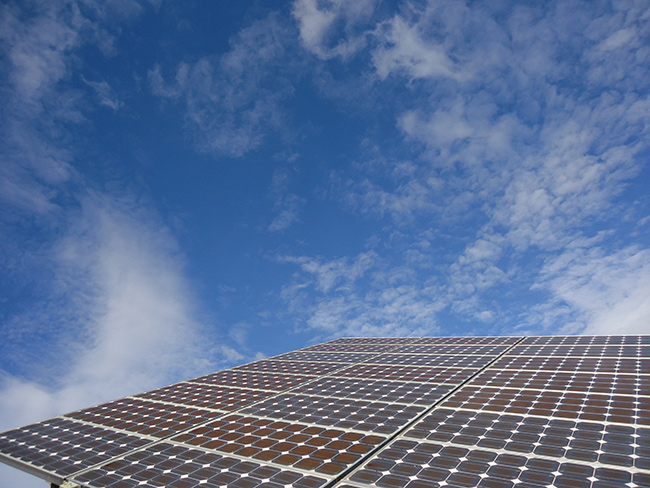
Recently, the Ministry of Energy has published the rules for the next auction of reserve energy. This auction will allow contracting electricity produced from photovoltaic, wind and biomass generators, covering 20 years of production starting on October 2017. Particular attention has been given to the contracts of solar photovoltaic energy, such that experts believe that the auction will promote a rapid growth and development of the solar photovoltaic industry in Brazil.
Despite this news, unfortunately the auction is not accompanied by novel incentives to microgeneration. Nowadays, microgeneration in Brazil is regulated by the norm nº 482/2012 of the National Agency of Electrical Energy (ANEEL), which regulates connection conditions and economic incentives in the form of net metering schemes. Summarily, the net metering works like a virtual battery where the surplus produced by the microgenerator owner is compensated up to 36 months after the actual generation. The regulation covers distributed energy resources produced at hydroelectric, solar, biomass, wind, and cogeneration installations.
However, there exists in Brazil only 120 microgenerators connected to the distribution grids, including 105 solar generators, 12 wind generators, 1 biomass-based generator, and 2 hybrid installations mixing solar and hydroelectric energies. Among the barriers to the rapid growth of microgeneration in Brazil, there is the lack of National technology in the area, long periods up to finishing legal and technical matters, and the taxes associated to the total energy consumed in the installations. Hence, political actions alongside research & development solutions are crutial to promote microgerenation in Brazil.
The INESC P&D Brasil believes in the social and technical bennefits provided by distributed generation, such that the development of research & innovation projects in this area has been established an institutional priority. The INESC P&D Brasil has interest and techniqual qualification to innovate in areas related to power system planning, analysis, design, monitoring, operation, control and protection, according to the challenges inherents to the integration of microgeneration in Brazil.
Sources:
Instituto Carbono Brasil | Ambiente Energia

